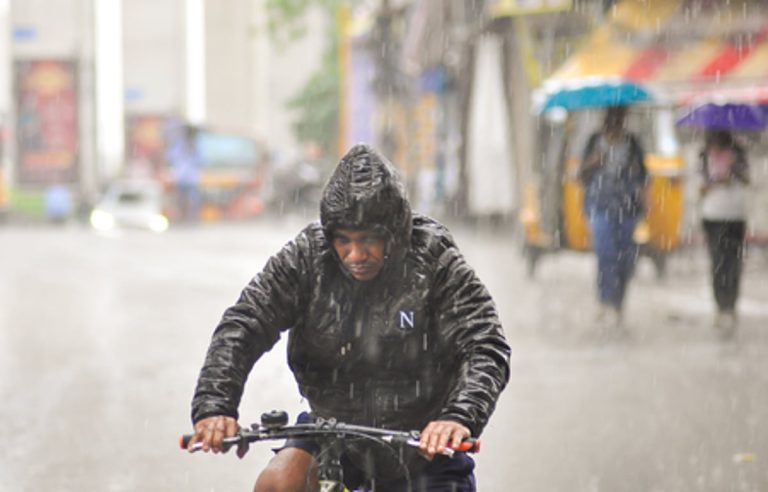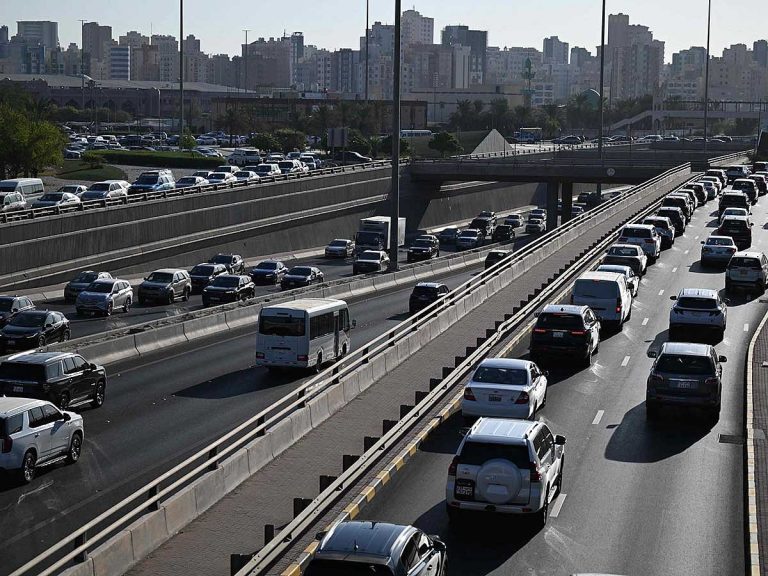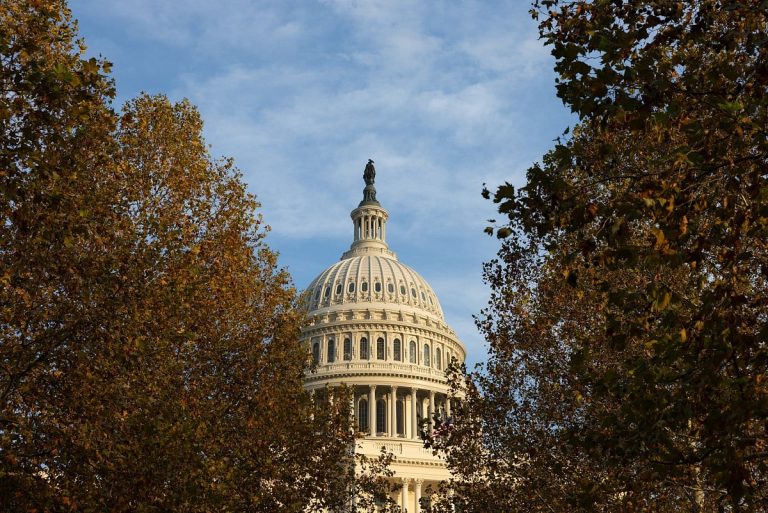India’s Progress in Mental Health Initiatives and Challenges
Mental health has emerged as a critical issue globally, and India is taking significant steps to address this challenge. Recent government initiatives aim to enhance mental health awareness, improve workforce training, and leverage digital solutions to create a healthier society. Despite these efforts, the need for continued focus and investment remains evident.
Current Mental Health Landscape in India
According to the 2015-16 National Mental Health Survey (NMHS) conducted by the National Institute of Mental Health and Neurosciences (NIMHANS), approximately 10.6% of Indian adults are living with a diagnosable mental health disorder. This statistic translates to about 11 out of every 100 adults facing mental health challenges. A subsequent NIMHANS study in 2019 highlighted that mental health disorders are more prevalent among women, with 20% affected compared to 10% of men. Women in India are particularly vulnerable to conditions such as depression, anxiety, and somatic complaints.
Rising Suicide Rates
The issue of mental health is further compounded by rising suicide rates in India. The 2023 National Crime Records Bureau (NCRB) report, titled ‘Accidental Deaths & Suicides in India’, revealed that 171,418 suicides were reported in the country in 2023. The report also indicated a significant gender disparity, with males accounting for 72.8% of all suicides and females making up 27.2%.
Government Initiatives for Mental Health
Recognizing the importance of mental healthcare, India has integrated mental health services into primary care through the Ayushman Bharat initiative. This program has transformed over 1.75 lakh Sub Health Centres (SHCs) and Primary Health Centres (PHCs) into Ayushman Arogya Mandirs, where mental health services are now a fundamental part of Comprehensive Primary Health Care. This integration aims to provide accessible mental health support at the grassroots level.
Under the Ayushman Bharat PM-JAY scheme, mental health conditions are covered under an annual insurance plan of Rs 5 lakh per family. Between FY 2021-22 and FY 2023-24, over 1.35 lakh admissions worth Rs 120.19 crore have been authorized for mental health treatments.
Additionally, during the COVID-19 pandemic, the Ministry of Health and Family Welfare established a 24/7 national helpline (080-4611 0007) to offer psychosocial support and counseling for individuals experiencing stress, anxiety, and other mental health issues.
FAQs
What percentage of Indian adults suffer from mental health disorders?
Approximately 10.6% of Indian adults are diagnosed with a mental health disorder, according to the 2015-16 National Mental Health Survey.
How does the Ayushman Bharat initiative support mental health?
The Ayushman Bharat initiative integrates mental health services into primary healthcare, providing coverage for mental health conditions under a Rs 5 lakh annual insurance plan for families.
What resources are available for mental health support in India?
India has launched a national helpline (080-4611 0007) for psychosocial support and counseling, especially during the pandemic, to assist individuals facing mental health challenges.
Conclusion
India is making notable progress in addressing mental health issues through various initiatives and programs. However, the rising rates of mental health disorders and suicides highlight the need for ongoing efforts in awareness, training, and resource allocation. Continued investment in mental health services will be crucial for fostering a healthier society moving forward.
The mental health landscape in India is further complicated by cultural stigma surrounding mental illness, which often discourages individuals from seeking help. Many people may not recognize the signs of mental health disorders or may fear social repercussions if they disclose their struggles. This stigma can lead to underreporting of mental health issues and a lack of adequate support for those in need. Efforts to promote mental health literacy are essential to combat these societal barriers and encourage individuals to seek the help they require.
In addition to government initiatives, various non-governmental organizations (NGOs) and community-based programs are working to enhance mental health services across the country. These organizations often focus on specific populations, such as children, adolescents, and marginalized communities, providing tailored support and resources. Collaborations between the government and these NGOs can help bridge gaps in mental health care, ensuring that services reach those who are most vulnerable. As India continues to develop its mental health framework, a multi-faceted approach that includes community engagement and education will be vital for long-term success.
Also Read:
New US Visa Guidelines Address Chronic Health Conditions







